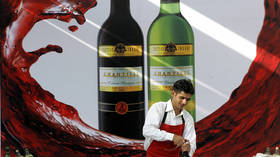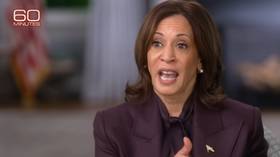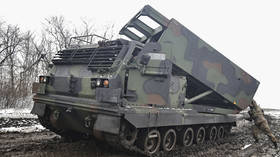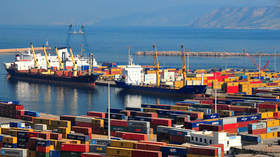Kenya calls time on late drinking

In order to combat alcohol abuse, Kenya is introducing steep penalties for bars which keep their doors open past normal operating hours, the country’s Interior Cabinet Secretary Kithure Kindiki has announced.
Speaking at a public event on Wednesday, Kindiki stated that any violation of the directives shall be punishable now by fines or imprisonment, in accordance with the law.
“No bars or alcoholic outlets (sic) shall be allowed to operate beyond the stipulated operation hours, as provided in section 34 of the Alcoholic Drinks Control Act,” he said, adding that those who fail to comply shall be fined or imprisoned as provided for by law. All the drinks and related equipment on the premises would be seized and that the operation’s liquor license would be withdrawn, Kindiki stated.
In Kenya, regulations dictate that bars are permitted to operate from 5pm to 11pm on weekdays and from 2pm to 11pm on weekends, but the violation had not resulted in strict punishment before.
The law is part of the Kenyan government’s new initiative, led by Deputy President Rigathi Gachagua, to eliminate illegal alcohol, drugs, and substance abuse in the country.
Kindiki highlighted the prevalence of illicit booze, drugs, and substance abuse across various age groups, emphasizing its seriousness as both a social issue and a significant threat to the nation’s well-being and sustainable future.
“They are directly and negatively impacting economic growth and development, ruining lives and livelihoods, occasioning family disintegration, facilitating crime and the spread of disease such as HIV/AIDS and indeed, are a major health and security threat,” he stated.
Alcohol manufacturers from now on will be required to include traceability information, as well as the location and ingredients in their products.
“All alcohol manufacturers shall henceforth establish and document all traders in their distribution chain and have procedures for ensuring full traceability from factory to the consumer of alcoholic products manufactured for sale,” Kindiki stated.
This measure will help to identify producers who are not following the law, he added.
Meanwhile, Kenyan authorities have also prohibited the importation, manufacture, sale, and use of shisha, the tobacco used in hookahs and waterpipes, in the country.
Kithure Kindiki declared on Wednesday that advertising, promoting, or distributing shisha “is outlawed in the country” and emphasized that establishments caught selling it will be subject to immediate closure.














